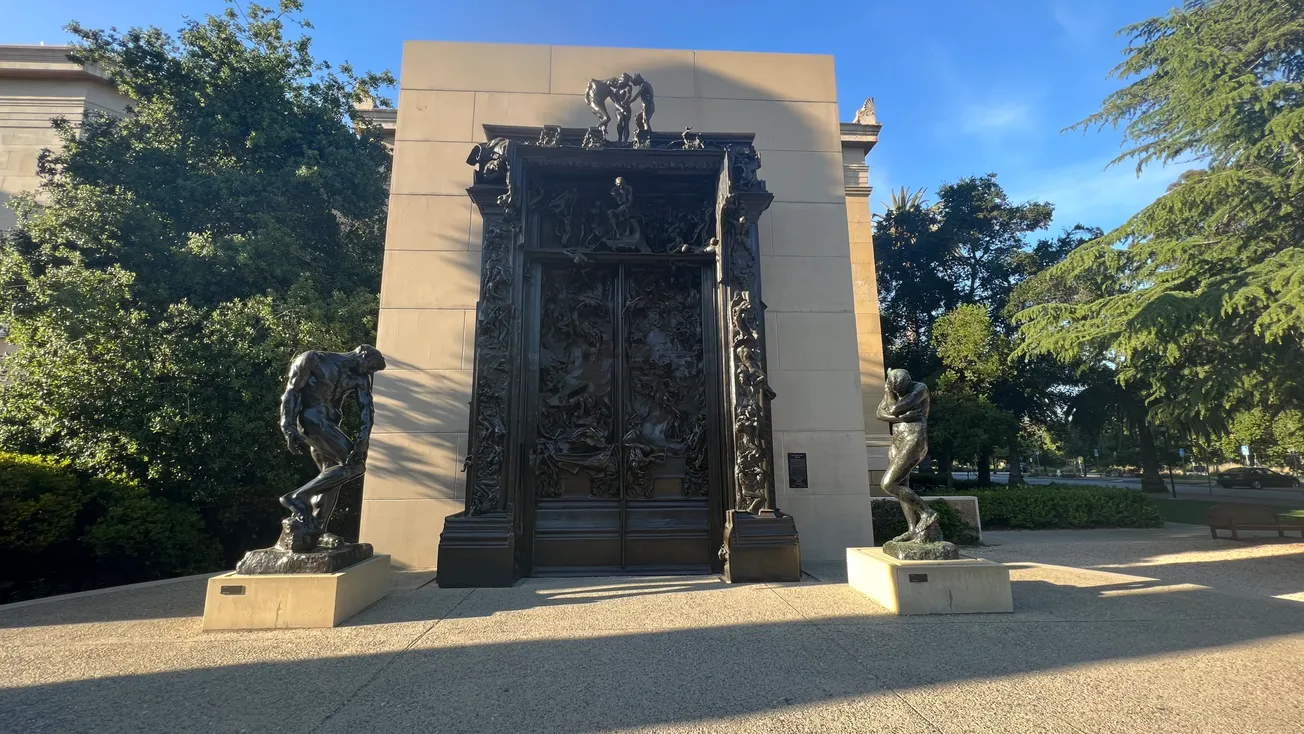Table of Contents
There’s a reason I’m a forty-five year-old undergrad. Well, there are many reasons. But one of the big ones is that I dropped out of college the first time around because it made no sense to go into debt. Raised by my Chinese-Jamaican mother I had no safety net and no help from relatives. I was already struggling to pay rent, and I didn’t see how a degree in acting would improve my situation. After dropping out, I struggled with depression and suicidal ideation for a long time. It took me even longer to understand why….
I’ve long believed we’re all philosophers. In my view (and this is borne out by recent discoveries in cognitive psychology, eg. Jonathan Haidt’s “Moral Foundations Theory”), we organize our lives around a set of first principles, and these principles govern our choices. We usually aren’t aware of them, they often express themselves through emotion rather than reason, and they may even be contradictory (though we philosophize constantly, that doesn’t mean we’re any good at it). The ancient Greeks understood this, that’s why they counseled us to “know thyself,” and warned that “the unexamined life is not worth living.” Questioning one’s core beliefs and learning how to construct a more cogent personal philosophy used to be the aim of a liberal arts education. Sadly, I’m afraid that is no longer the case.
This is why I’ve come to appreciate the Stanford Review. I began attending meetings last spring, and kept coming because—more than any other forum on campus that I’ve found—Review meetings embody the most important aspect of diversity: diversity of opinion. Views expressed during weekly meetings run the political gamut. No one is ostracized for what they believe, and ideas are judged solely on their merits and the ability of their proponents to articulate them (a crucial tenet of democratic society). If you express a wrong-headed view at the Review, someone will let you know. And since my experience has taught me that clinging to wrong-headed views has costs, I think this is the best thing anyone can do for you.
Growing up in uber-progressive Vancouver, British Columbia, I’d been indoctrinated from a young age with the idea that for someone like me—the product of a single, immigrant mother—the future was bleak. No matter what I did, or how hard I worked, I’d never be as successful as someone born into a more affluent family. Upon dropping out, I was convinced that all I could hope for was a life slinging drinks at Starbucks—and thanks to a hike in the minimum wage it had taken a miracle for me to get that job. Psychologists call this “learned helplessness.” I was certain that my life was out of my control, and that made it next to impossible for me to wake up before noon, or get my ass up off the couch once I did. These days, it’s intellectually en vogue to think that we live in a simulation and that free will is an illusion. But I challenge anyone to live that philosophy. It’s a miserable, self-contradictory existence. Once I finally figured this out, it became core principle number one: there are those that try their best regardless of their circumstance, and those that don’t. Be the former.
In the Humanities, we have become more concerned with making each other feel safe and supported than learning to question our core beliefs. As Timothy Leary famously put it: “To think for yourself you must question authority and learn how to put yourself in a state of vulnerable open-mindedness, chaotic, confused vulnerability to inform yourself.” In my experience at Stanford, we don’t do that anymore. The ratio of liberal to conservative professors has reached 6 to 1 nationally—likely much higher at Stanford. As a result, Humanities departments now operate more like echo chambers than Socratic Circles. You can’t learn to think critically when your core beliefs are never challenged.
That is why universities shouldn’t be safe spaces. It is Stanford’s job to make us uncomfortable. To force us to confront the confused, vulnerable chaos. To figure out what we think and why we think it, in order to prevent us from making grave mistakes in navigating the complexity of the world. Much like life itself, university shouldn’t be for the faint of heart. It is the responsibility of students to reject the coddling and remind professors and administrators that while well-intentioned, it does more harm than good. As my story illustrates, Stanford shirking its responsibility to challenge its students has dire, real-world consequences. The road to hell is paved with good intentions. We’re not here to be safe. We’re here to learn.









